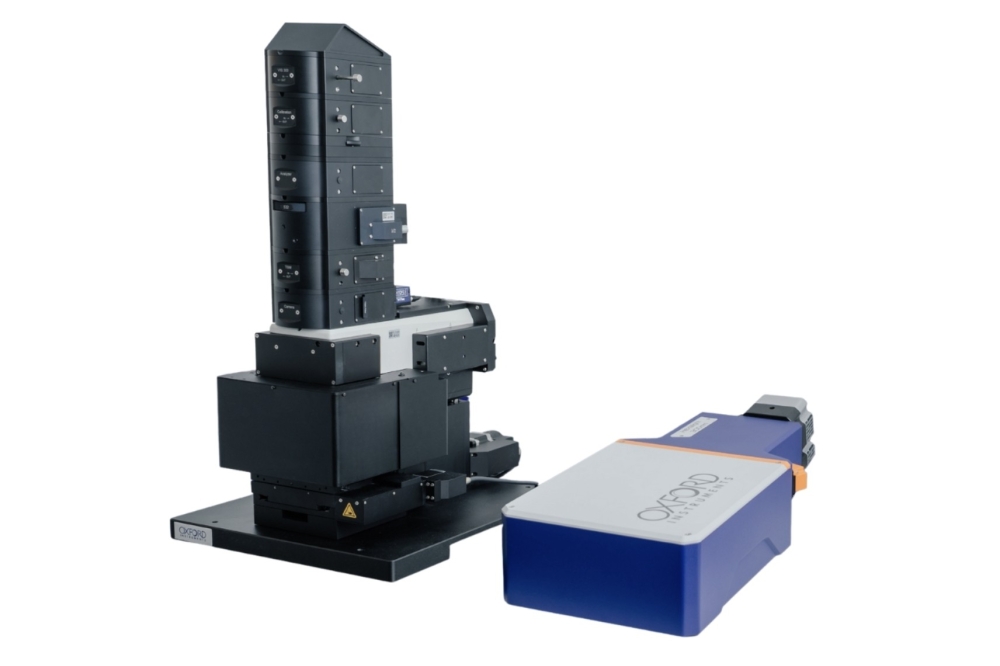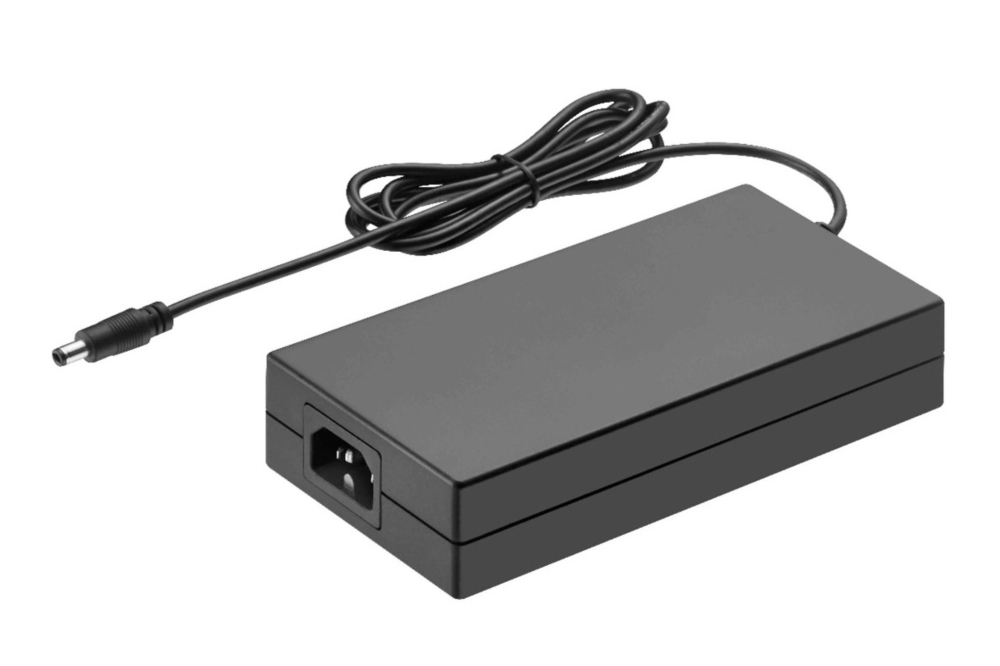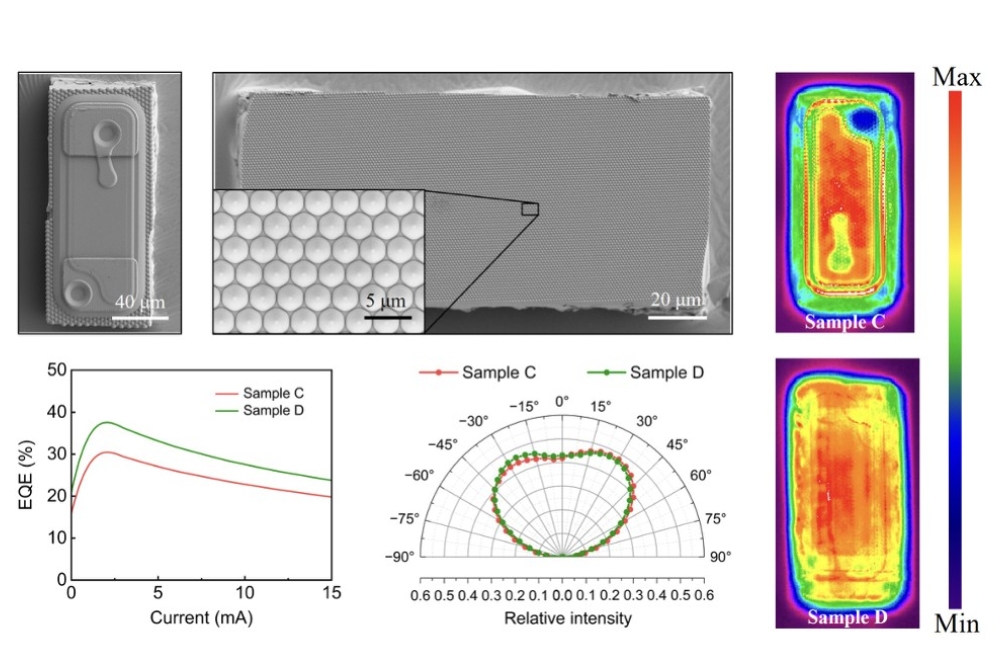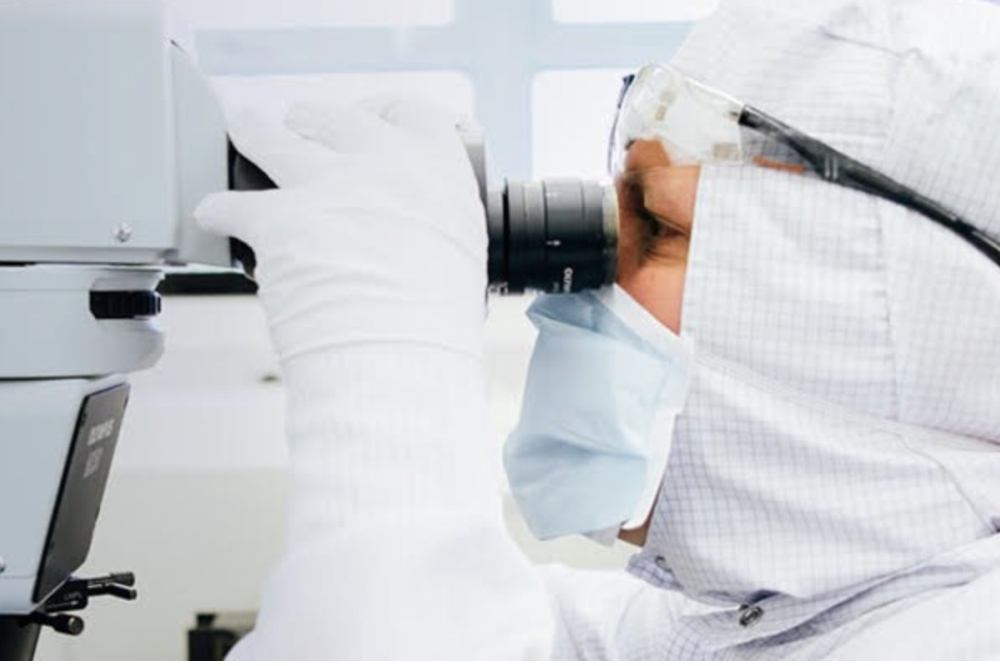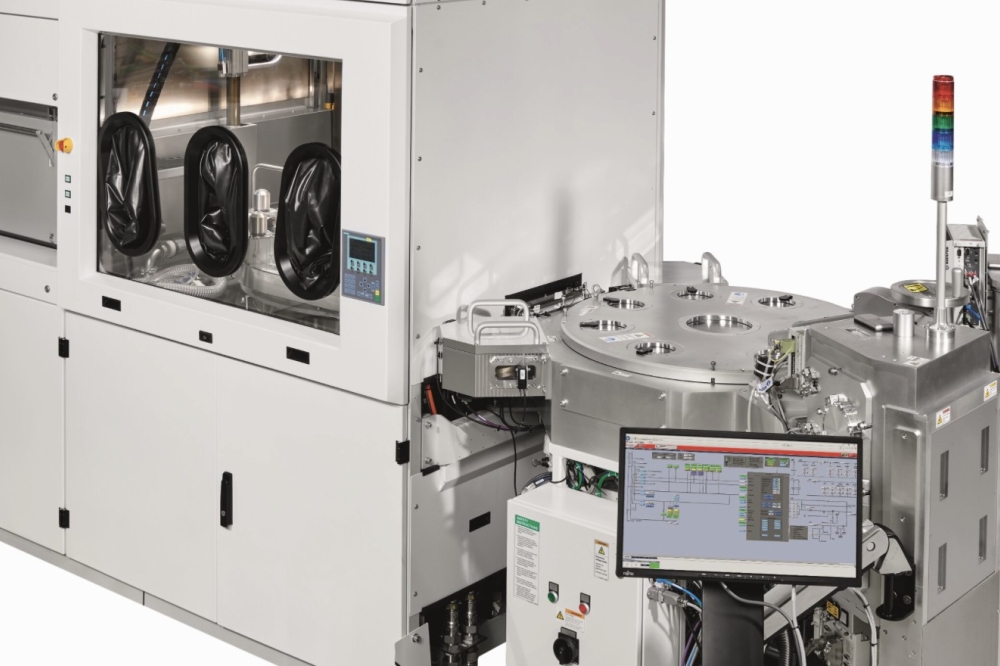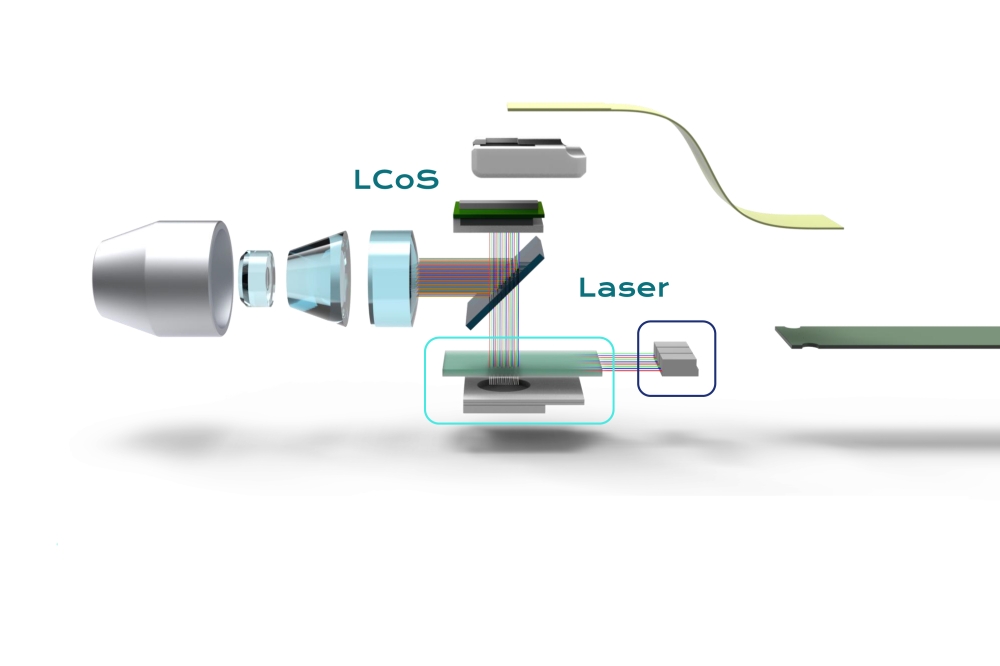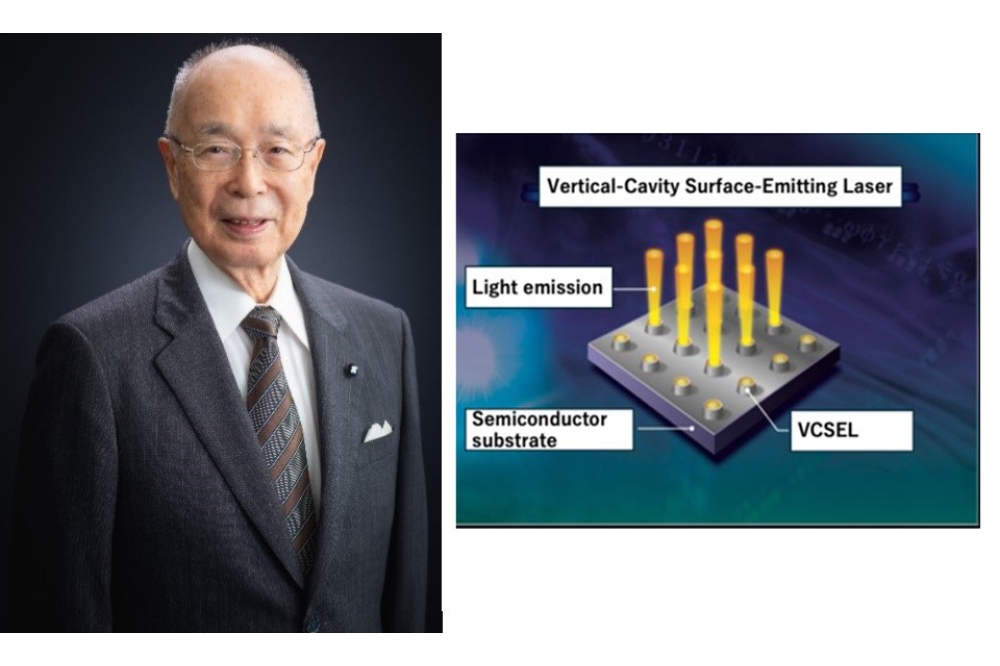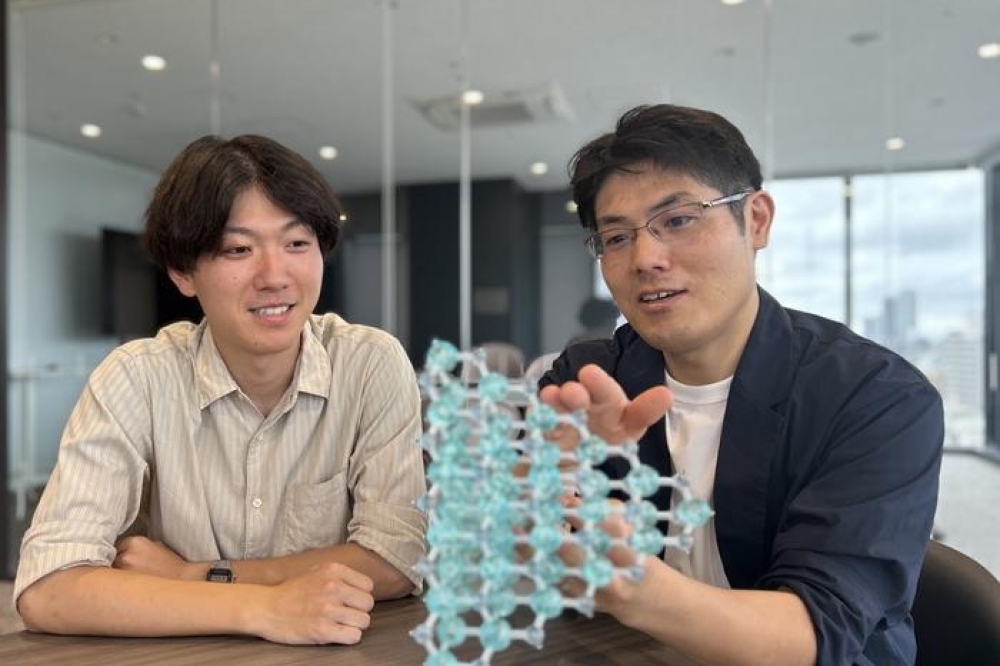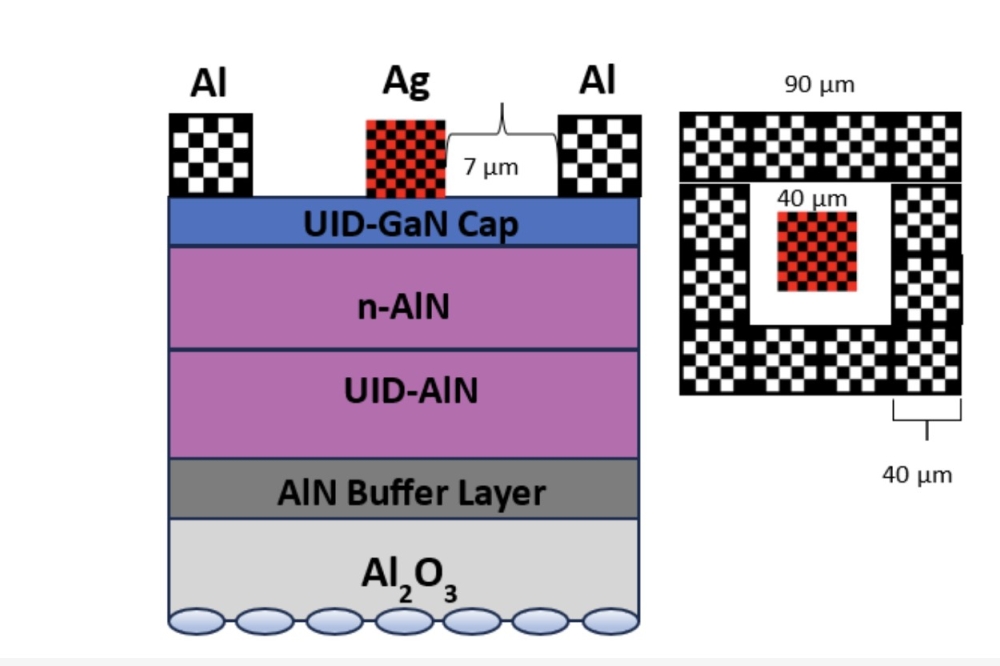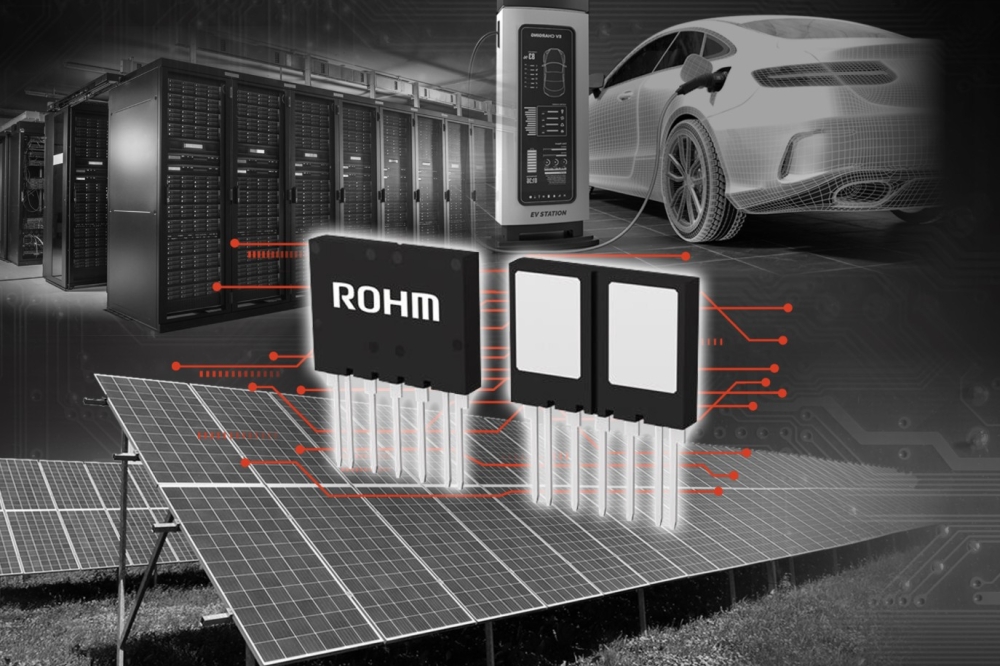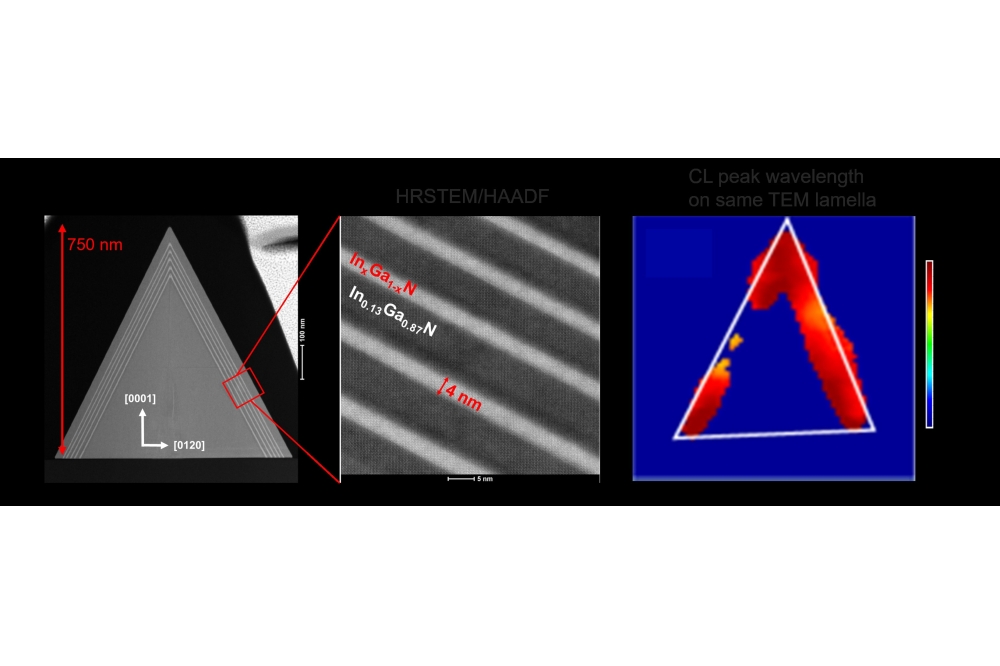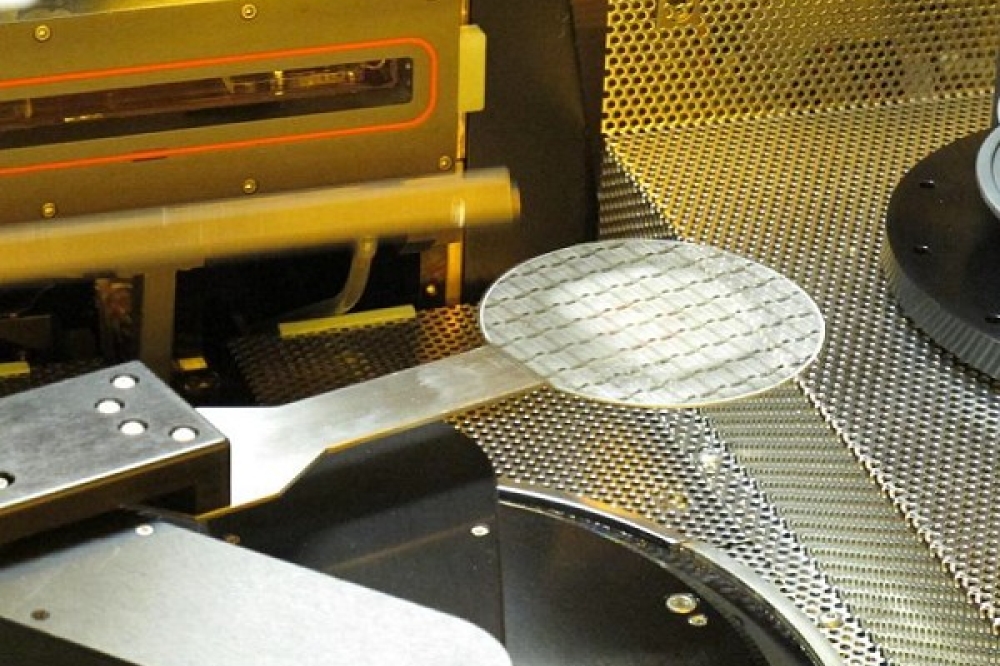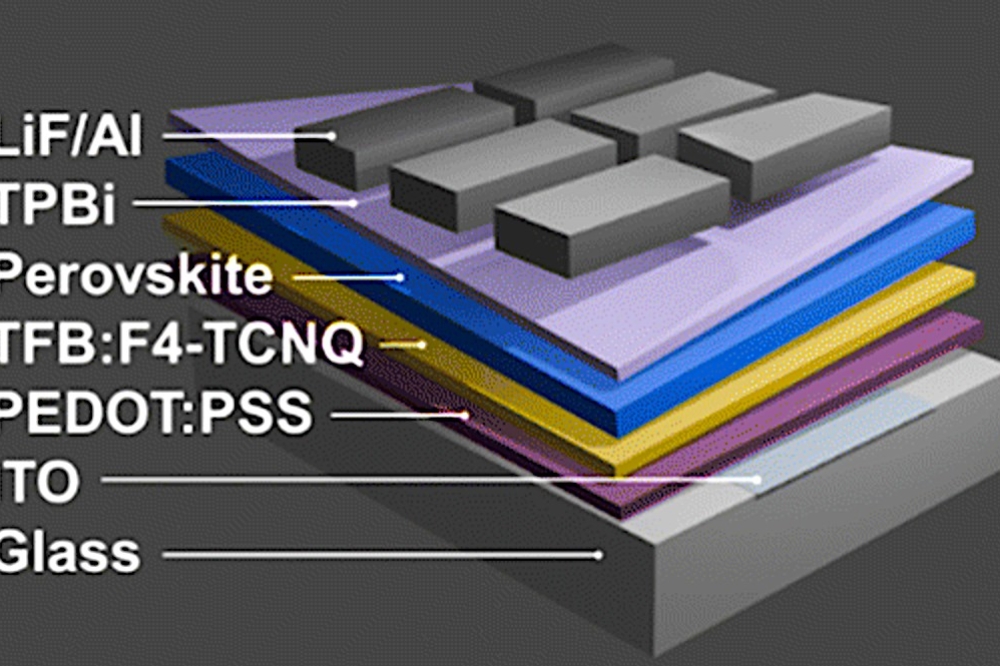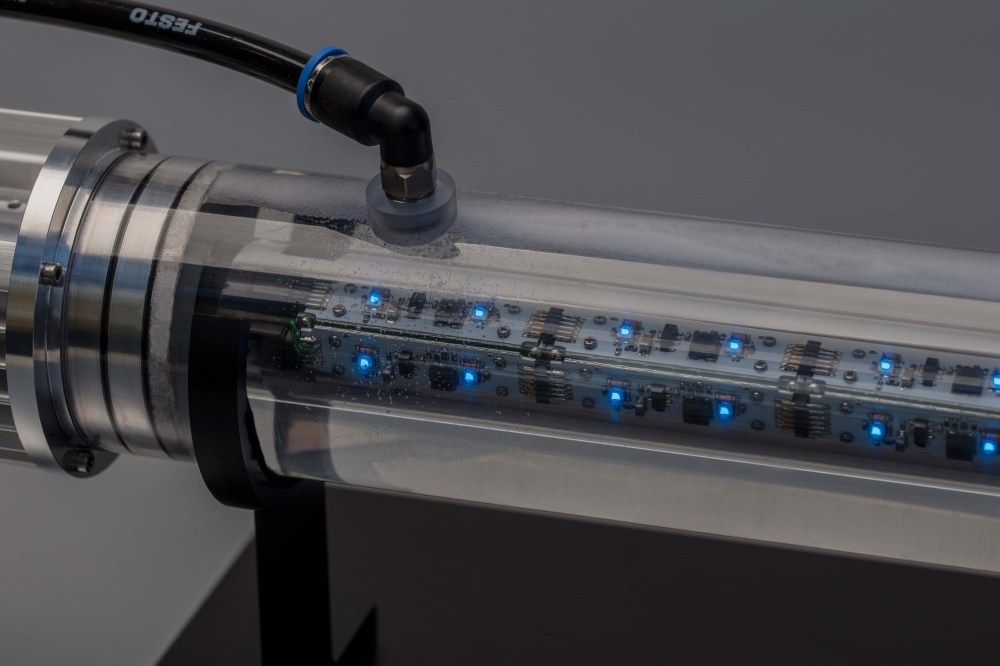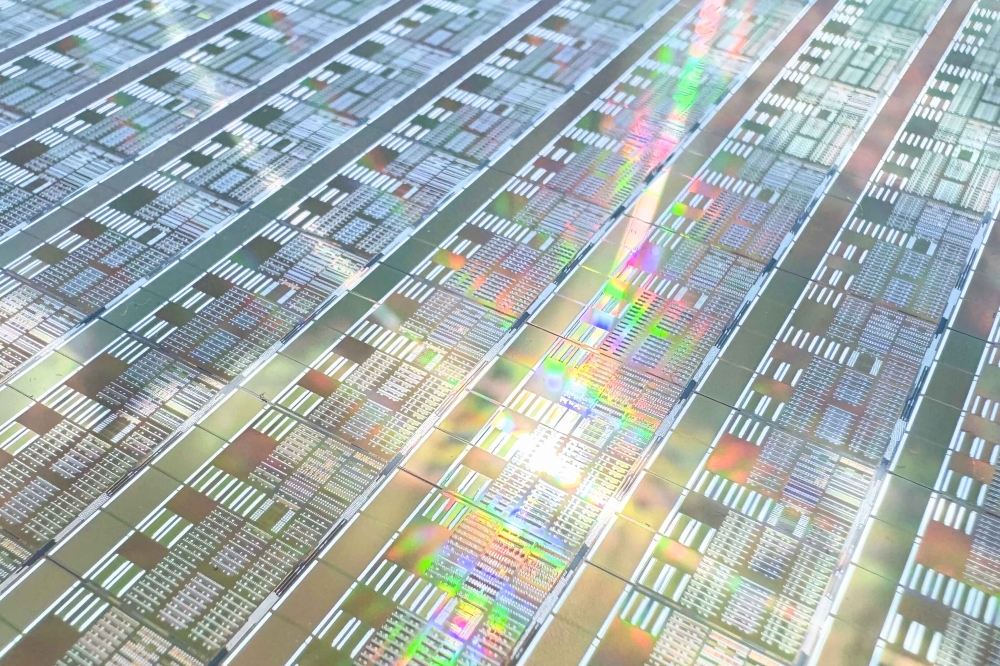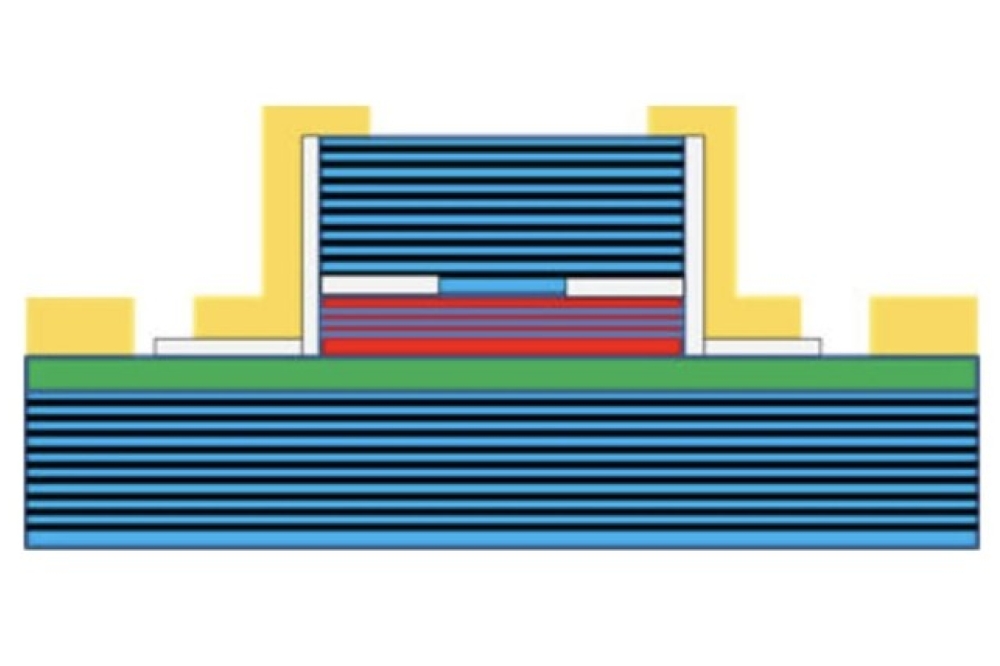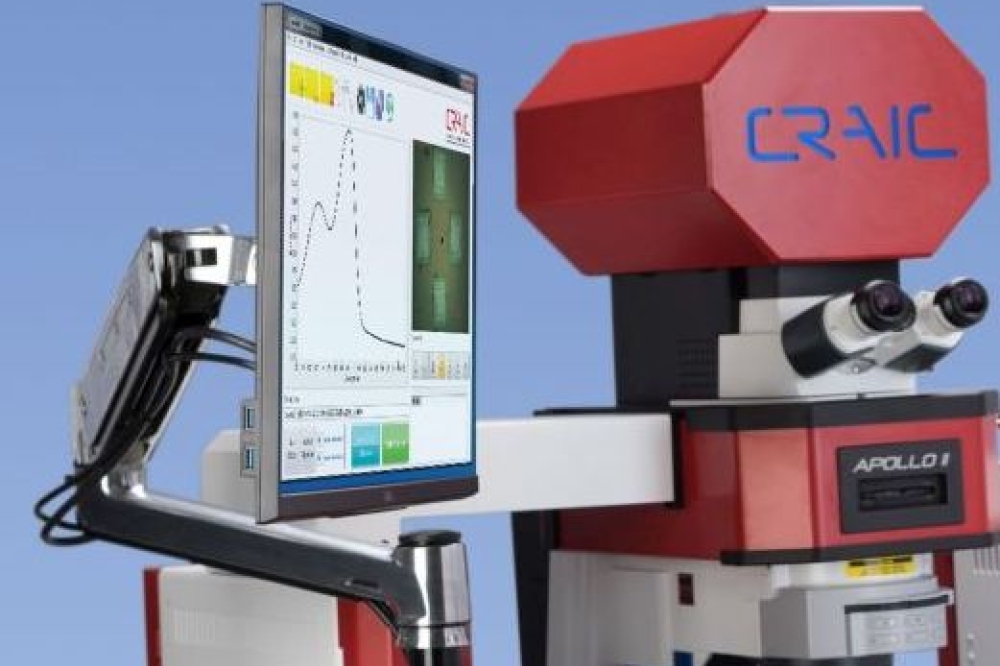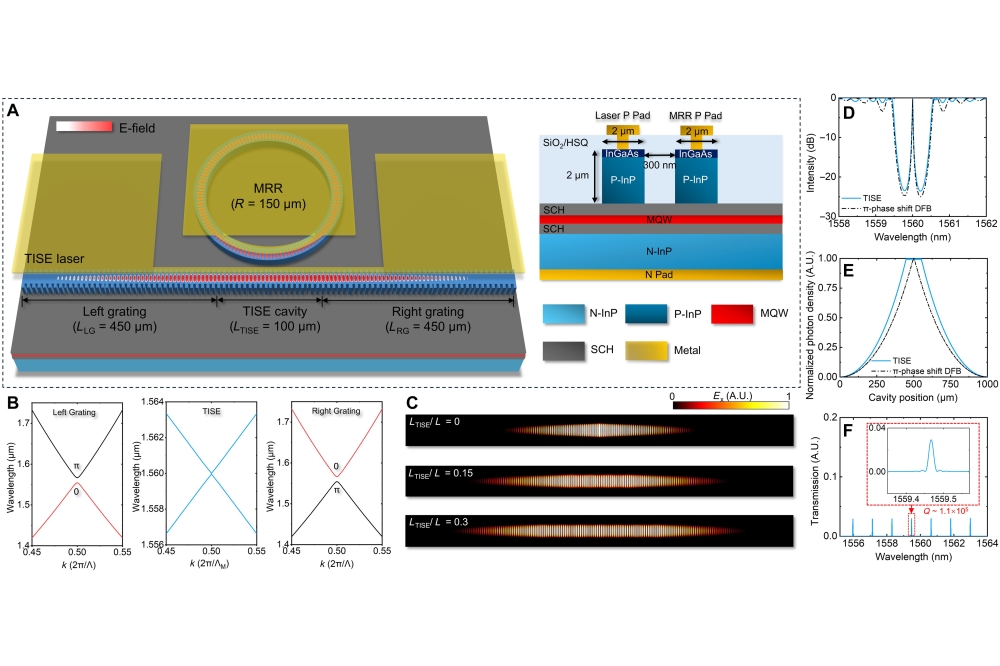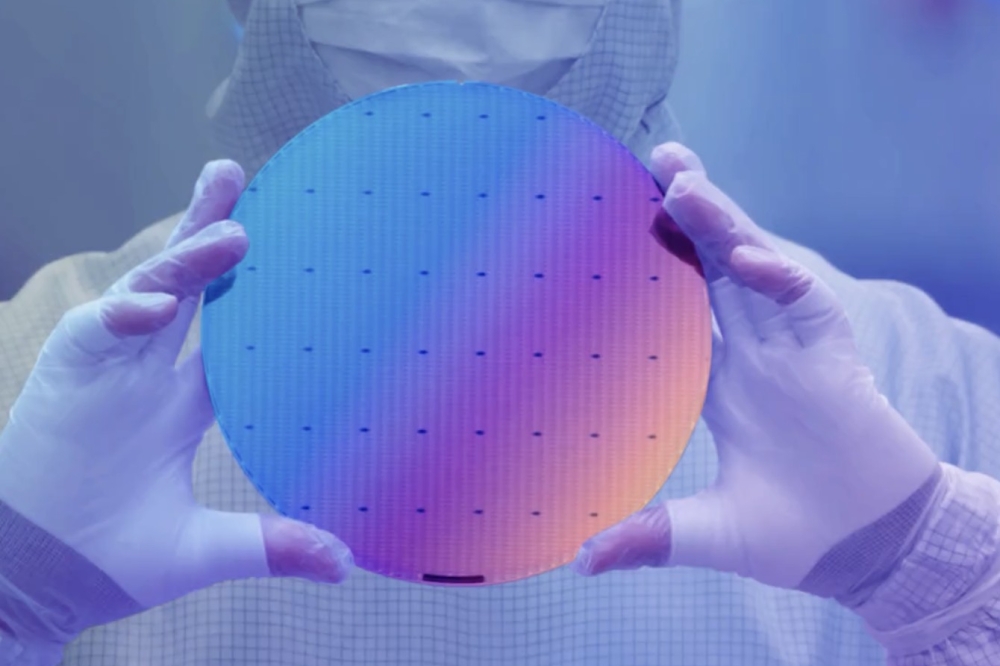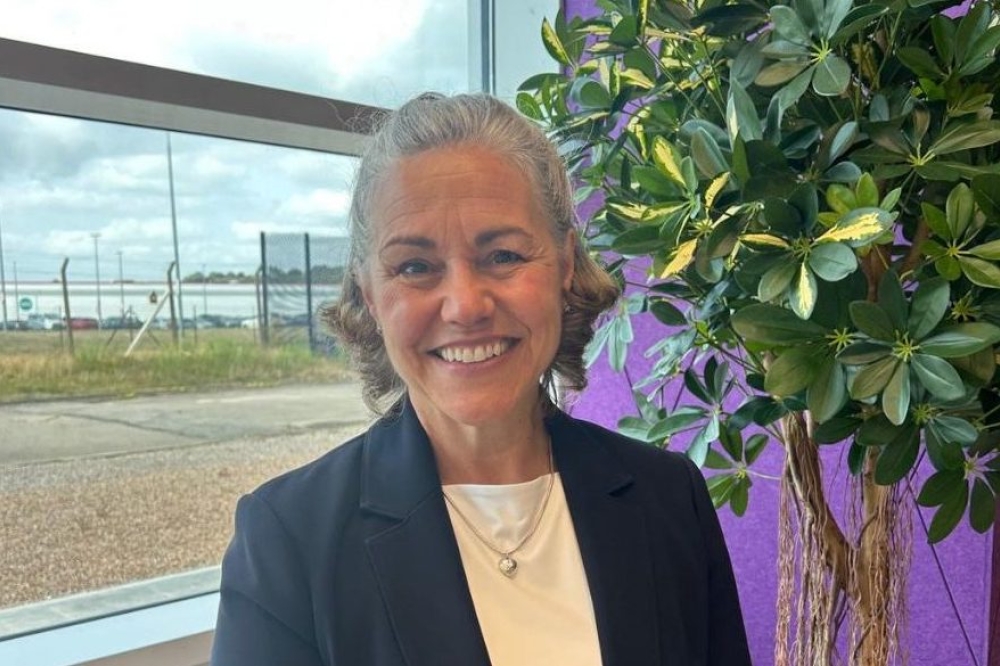CSconnected: Maintaining momentum
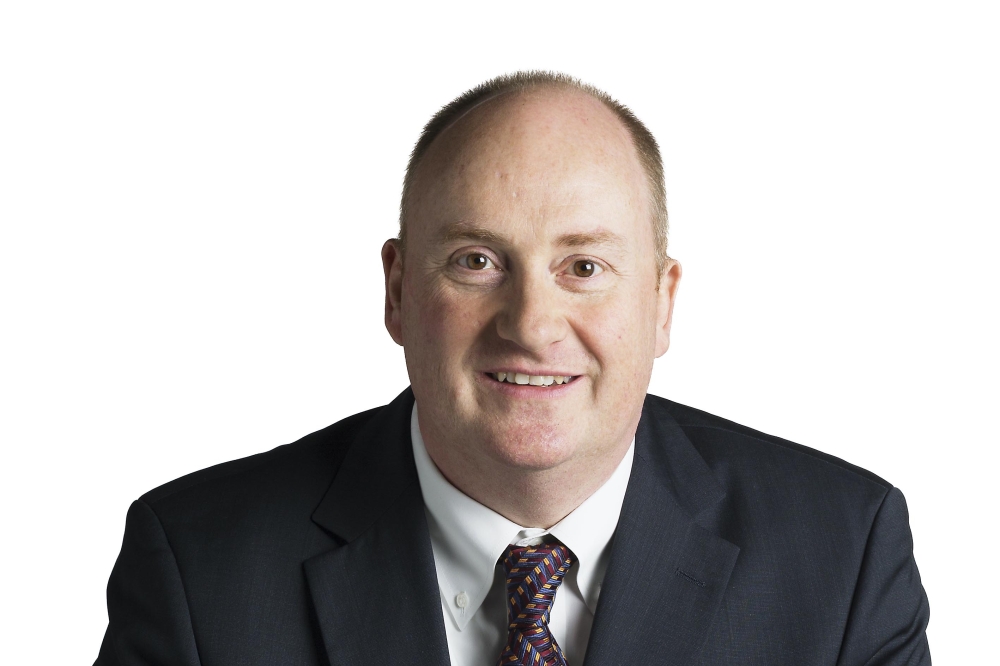
Under leadership of its new managing director CSconnected will continue to focus on realising a high level of visibility and maintaining close relationships, while developing skills and strengthening supply chains
BY RICHARD STEVENSON, EDITOR, CS MAGAZINE
Anyone taking over the leadership of any organisation will be tempted to exert their new authority by announcing big and bold plans. But if the current direction of travel is working well, there’s a strong argument for simply keeping going, while looking to make small and meaningful changes.
The latter approach is the one being adopted by Howard Rupprecht, the new managing director of CSconnected, a not-for-profit focusing on strengthening the reach and capabilities of the world’s first compound semiconductor cluster, located in South Wales, UK.
“We're really building on a strong foundation,” enthuses Rupprecht, who applauds all those that work at CSconnected for raising this cluster’s international profile and visibility.
According to Rupprecht, his organisation is already incredibly well connected to many people and organisations, both in the compound semiconductor industry and in south Wales. “Our primary goal is to maintain that level of visibility and these relationships.”
While focusing on that task, Rupprecht and his colleagues are looking to assist in developing skills and strengthening supply chains.
Skills development has been a part of CSconnected’s mission many years. Since 2017, it has been leading an educational group to co-ordinate activities and content. Now the not-for-profit is stepping up its efforts on this front, thanks to winning funding specifically earmarked for skills development from the Cardiff Capital Region.
When it comes to strengthening supply chains, the focus is on specialty components and services.
“We have multiple businesses using many, many local suppliers,” remarks Rupprecht, who adds: “We have secured funding to help local suppliers increase their business with the cluster companies through grants that help to increase their capacity or capabilities.”
A broad background
Trained as mechanical engineer in the 1980s, Rupprecht has accumulated a broad range of expertise over his career. He views this diversity as a key asset for running a small organisation, such as CSconnected, that works with a variety of stakeholders operating in different sectors.
For more than the last 20 years, Rupprecht has held senior management roles in tech companies. Over those decades he has experienced diversity in the technology, ranging from photonics to MEMS, compound semiconductors and PCB assembly, and the nature of the role – at times Rupprecht has led sales, product marketing, business development, operations and business management. However, while he sees this range of skills as important, he puts even more value on having experience in working in both the public and private sector.
To ensure a smooth transition in the leadership of CSconnected, Rupprecht, who joined this not-for-profit in January, and has spent the last few months working closely with its founder, Chris Meadows.
Motivation for parting company with his former employer, Rockley Photonics, has come from a desire to grow the entire industry and support the local community. “It feels like I'm waving the flag both for the region and the industry,” reasons Rupprecht.
Valuing Vishay
In any industry, uncertainty impedes progress. This issue has hampered the cluster over the last few years, with differing decisions surrounding the ownership of a jewel in the crown, the 200 mm fab in Newport. This facility, built by Inmos in 1980 and previously owned by several multi-national chipmakers, including International Rectifier and Infineon, went into the hands of Nexperia in summer 2021. This takeover by a firm with a Chinese parent company initially had the backing of the British government, before it launched an enquiry and eventually reversed its decision, creating almost three years of disruption and uncertainty.
Commenting on this matter, Rupprecht remarks: “Clarity of policy and greater transparency is needed to avoid future debacles.”
Rupprecht sees this fab, which is one of the biggest employers in the cluster, as an important facility for developing SiC and GaN power electronic capability in south Wales. However, this foundry is capable of making additional contributions, for example, its expertise in deep trench etching would also be valuable for the production of MEMS and photonic devices.
Since its launch in 2017, CSconnected has benefited from financial support from various sources. It is now coming to the end of a 55-month Strength in Places programme, which began in November 2020 and raised £25 million from the UK Research Initiative, alongside an additional £18 million from project partners. Another significant supporter of CSconnected is the Cardiff Capital Region, which has just secured £160 million to support local economic growth through the semiconductor investment zone.
For roughly the next three years CSconnected has core funding secured for a range of activities. As Rupprecht looks to strengthen support over that timeframe and beyond, he is keen to avoid dependency on a single project or a single activity, and is keen to pursue various sources of funding.
While attending this year’s CS Mantech, Howard Rupprecht (centre) explored an anechoic chamber at the University of Arizona with colleagues from the south Wales cluster. To the far left is Richard Shaddick from Welsh Government, to the left is Chris Meadows, founder of CSconnected, to the right is Mike Jennings, an academic at Swansea University, and to the far right is Camille Colombier, marketing manager at CSconnected.
Seeking sovereignty
When the compound semiconductor cluster launched, its backers often argued for efforts that established strong supply chains within south Wales.
Related to this cause, Rupprecht is keen to distinguish between sovereign independence and sovereign capability.
“I do think it's important that we have companies operating at different points in the value chain,” says Rupprecht, arguing that much of this is now in place. For example, at one end of the spectrum is KLA, producing production equipment, and at the other is Microchip, shipping completed modules.
Over the coming years, it is possible that a supply chain forms in south Wales that begins with a SiC wafer and finishes by supplying a UK automotive company with a power module.
“That concept has already been demonstrated in a programme called Escape,” reveals Rupprecht, adding: “But rather than having an integrated vertical UK supply chain, having all the companies exporting their products to multiple competing customers around the world is more important.”
Moving over
One sign that the cluster is thriving is that start-ups within the UK are relocating to this region to draw on its support and expertise.
Kubos, a pioneer of microLEDs based on cubic GaN, moved to within the cluster earlier this year, so that it can use the fab at Translational Research Hub at Cardiff University to scale its technology in a cost-effective way.
Within the region, there is also a fab at Swansea University, more suited to the development of power devices.
During the launch of the cluster, much was made of the economic benefits it would deliver, in terms of jobs and income generation. It would be easy to put these promises to one side after securing investment, but the cluster is taking these projections very seriously, with evaluations led by Max Munday’s group within the Welsh Economic Research Unit at Cardiff University.
Quoting some findings from Munday and co-workers, Rupprecht says that since 2020 there has been a 28 percent increase in direct cluster company employment, and a 27 percent rise in sales over that time frame. “But the real big, big growth was gross added value, which has seen 122 percent growth over the same period.”
These encouraging figures underscore the great momentum of the south Wales cluster, which Rupprecht will help to continue, while refining the support that’s provided by CSconnected.
Main image: Howard Rupprecht, recently appointed as the managing director at CSconnected, has held many senior management positions within the technology sector. Prior to joining CSconnected, Rupprecht held the role of senior director of operations strategy at Rockley Photonics.

